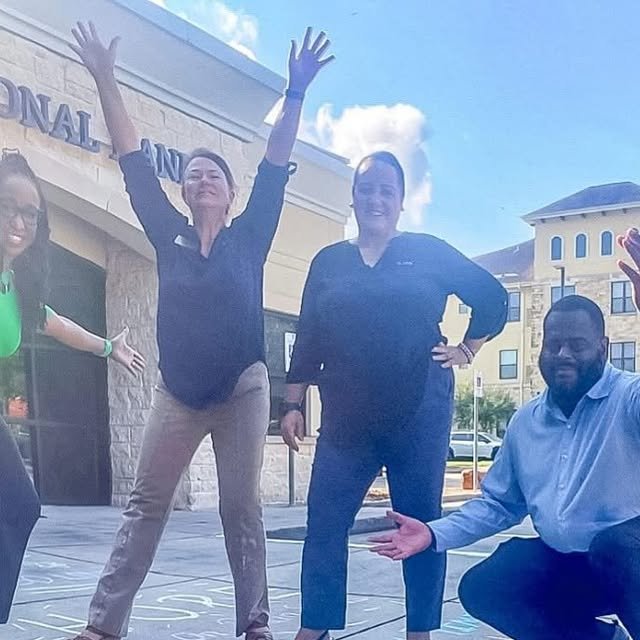Be the Reason Someone Smiles Today: The Importance of Social Support in Suicide Prevention
Understanding the Crisis of Suicide
Suicide remains a critical public health challenge, with millions of individuals affected each year. According to the World Health Organization (WHO), approximately 700,000 people die due to suicide globally, highlighting the urgency for effective preventive measures. While various factors contribute to suicidal thoughts and actions, social support plays a pivotal role in reducing these risks.
The Role of Social Support in Mental Health
Social support encompasses the resources and relationships that provide emotional, informational, and practical assistance. It can come from family, friends, colleagues, and community networks. In moments of emotional turmoil, knowing that someone is there can significantly decrease feelings of isolation and hopelessness.
Why Connection Matters
When individuals with mental health challenges experience strong social connections, they are less likely to engage in harmful behaviors. Research indicates that supportive relationships can mitigate feelings of distress and provide a buffer against the adverse effects of stress. According to a study published in the Journal of Affective Disorders, individuals with strong social support networks are more resilient in facing mental health crises.
How to Foster Social Connections
Building and maintaining social connections can be a proactive measure to prevent suicide. Here are several strategies to enhance support networks:
1. Engage in Community Activities
Participating in community events, workshops, or support groups can help foster new relationships. For example, local organizations often host activities that encourage community engagement. Building such connections can lead to a robust support system during challenging times.
2. Reach Out to Others
Take the initiative to reach out to friends or family members. A simple check-in can make a world of difference. Expressing genuine concern can encourage others to open up about their feelings, ultimately promoting a supportive dialogue.
3. Volunteer Your Time
Volunteering not only benefits your community but also provides opportunities to connect with others and develop meaningful relationships. Organizations focused on mental health often seek volunteers, creating spaces for compassion and understanding.
4. Utilize Technology Wisely
In today’s digital world, technology can play a significant role in maintaining connections. Video calls, social media, and messaging apps can help bridge geographical gaps. However, it’s important to use these tools mindfully, as excessive online engagement can sometimes lead to feelings of isolation.
Resources for Support
Organizations like the National Suicide Prevention Lifeline and local crisis centers offer immediate support and resources for those in need. Engaging with these services can also guide individuals towards building healthier social support systems.
Increasing Awareness
As we recognize Suicide Prevention Awareness Month, it is crucial to promote awareness about the vital role of social relationships in mental health. Spreading the word about mental health resources can empower individuals to seek help. Social media campaigns, informational brochures, and community workshops are effective ways to increase public understanding.
Conclusion
Social support is not just a nice-to-have; it is a critical component in suicide prevention. By fostering relationships and enhancing community connections, individuals can create environments where mental well-being thrives. This Suicide Prevention Awareness Month, consider becoming the reason someone smiles today. Small gestures of kindness can lead to profound changes in mental health and well-being.
For additional resources and information on suicide prevention, contact organizations such as the National Alliance on Mental Illness (NAMI) or explore comprehensive guides on mental health through platforms like the Substance Abuse and Mental Health Services Administration (SAMHSA).
By prioritizing social support and connection, we can collectively work towards reducing the stigma associated with mental health struggles, allowing individuals to seek help and connect with those who care. Together, let’s create a community rooted in understanding and compassion.


